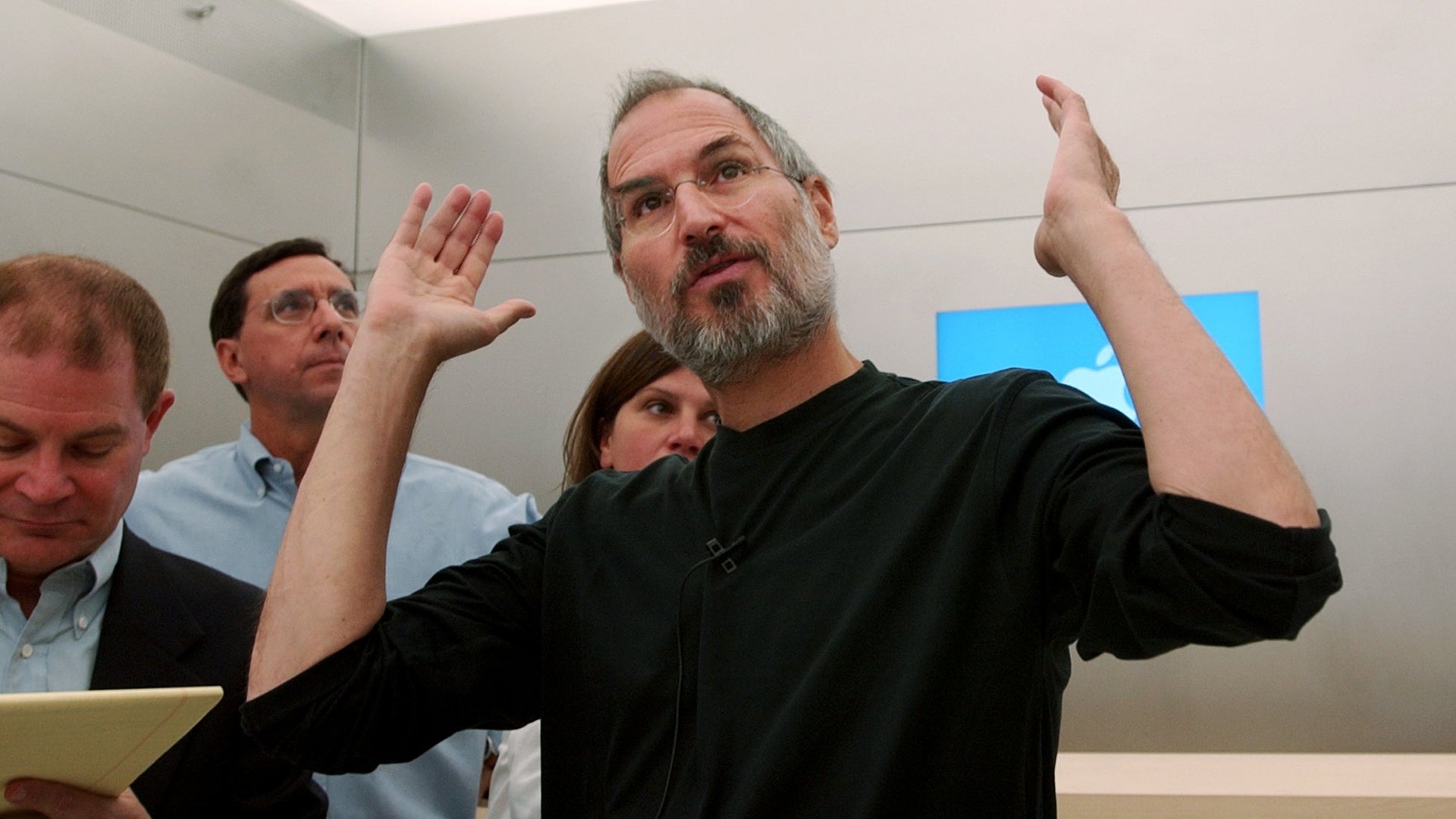Steve Jobs would probably be rather upset with what Apple has become today
This past week, Apple spent 82 minutes unveiling a new app, a computer screen made by another company, and three laptops with the same name. They weren’t exactly the major overhauls that many were hoping for, and the event comes not too long after the company released a new iPhone that looked much like the last two it put out, and its other notable innovations of late have been making its products in different sizes and unleashing a sea of dongles on the world.


This past week, Apple spent 82 minutes unveiling a new app, a computer screen made by another company, and three laptops with the same name. They weren’t exactly the major overhauls that many were hoping for, and the event comes not too long after the company released a new iPhone that looked much like the last two it put out, and its other notable innovations of late have been making its products in different sizes and unleashing a sea of dongles on the world.
In an old interview that’s making the rounds online today, former CEO Steve Jobs explained, in his mind why companies like Xerox, a company that once had one of the most innovative research labs in the world, failed. He compared the product cycles and the corporate structures of strong, stable consumer brands, such as PepsiCo, which John Sculley, the CEO that once replaced him at Apple, previously ran.
“If you were a product person, you couldn’t change the course of that company very much,” Jobs said. “So who influenced the success of PepsiCo? The sales and marketing people—they were the ones that got promoted, they were the ones that ran the company. “
Jobs then added: ”It turns out the same thing can happen at technology companies that get monopolies. If you’re a product person at IBM or Xerox, so you make a better copier or a better computer, so what? When you have a monopoly market share, the company’s not any more successful.”
Apple doesn’t technically have a monopoly on smartphones or laptop computers or the other categories of products it produces. But its extremely high prices for things such as add-on iPhone and MacBook memory attest to the market power it has over consumers. And its notoriously rapturous marketing-speak about upgrades that merely bring its products up to par with competitors is wearing thin with its critics.
Then there’s this Jobs critique of other tech companies that resonates with those critics today: ”The product genius that brought them to that monopolistic position gets rotted out,” Jobs said. ”The companies forget what it means to make great products.”
While Jobs was explaining why he thought old tech giants had fallen from grace, he probably wasn’t thinking about Apple at that time. It’s unclear when this video was shot, but given that there appears to be a NeXT logo behind him—the logo of the computer company he founded after getting ousted from Apple in 1985—it’s likely from before his return to Apple in 1996.
It’s also unclear whether he was thinking about working on a device that could fit 1,000 songs in your pocket, an industry-defining smartphone, or any other device that has made Apple one of the most valuable companies in the world, and a company that has started to make a habit out of small iterations on past successes.